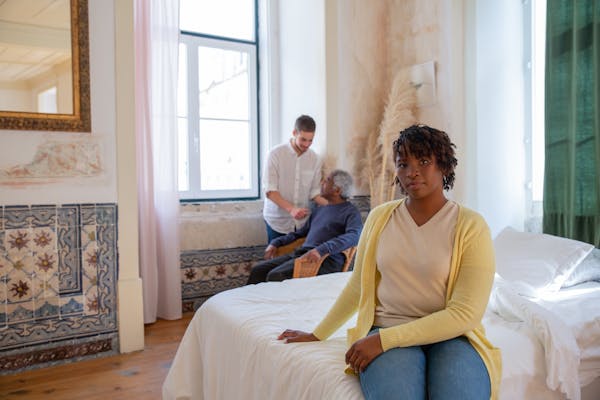Home Health Care Nutritional Support
Home Health Care is provided under physician orders and generally is short-term. Patients must be "homebound" to qualify, meaning they can only leave home with assistance from others or with assistive devices like a walker or wheelchair.
Be sure to choose an agency that is licensed by your state and seeks out accreditation for quality. It should also conduct thorough orientation and continuing education for its caregivers.
Personal Care
Home health care is available to those who need help managing their health condition. The services are provided in the comfort of their own homes and are often less costly than hospital stays or living in a nursing facility. Medicare, Medicaid and some private insurance plans cover the cost of home health care if you meet eligibility requirements.
When you sign up for home health, a registered nurse meets with you and your family to understand your goals and the type of support you need. She will provide you with a care plan that includes instructions for promoting safety and independence at home. For example, she may instruct your HHA or PCA to teach you how to wash and dress yourself. She might also explain to you how to sneeze or cough into a tissue, to avoid spreading germs.
Medication Management
Home Health Care professionals can help manage medication and ensure that patients are taking the right amounts at the right times to prevent overdose or side effects. They can also provide advice on safe storage and disposal of medications as well as instructions on how to properly take them.
Medication management is crucial for anyone who has a chronic illness and takes multiple prescriptions. Knowledgeable healthcare professionals do a thorough review of patient meds on a regular basis to ensure desired outcomes are being met.
Often, it is easier to get the in-home home health care services you need when you use an agency with a proven track record of providing quality care. Ask friends and family for recommendations on an agency that meets your needs.
Nutritional Support
Northeast Ohio Home Health Care services may include nutrition support, such as teaching how to store and reheat food. It also might involve instructions on eating safely and avoiding foods that aren’t good for you.
To qualify, you must have a doctor’s order certifying that you are homebound and require intermittent skilled care. A face-to-face meeting with your doctor isn’t required, but your doctor must review your home health plan at least once every 60 days.
Ask friends and family for recommendations on reputable home health care agencies. Many private insurance plans, including Medicare, will pay for home health care if you meet eligibility requirements. The Veterans Administration and some long-term care insurance policies also cover home health services. Custodial care (not covered by Medicare) is available from some state Medicaid programs.
Transportation
If a senior is living alone and does not have family nearby, it may be difficult to arrange transportation to doctors’ appointments. Mavencare’s supplementary transportation services help bridge the gap between home and doctor. We hold our transportation providers to high standards including ADA education and CPR training; they also participate in HIPAA, Sensitivity and Medical Needs training.
To be eligible for home health, you must meet the definition of “homebound.” You’ll be told by your doctor if you are considered homebound. Home health is often covered by Medicare, Medicaid and private insurance plans.
Home healthcare workers work hard to reduce avoidable hospital readmissions and support patients in achieving their recovery goals. However, they face many workplace hazards. To learn more about these hazards and how to protect your home healthcare worker, click here.
Companionship
A caring companion is a big part of what makes home health care so important. They provide company, emotional support and friendship to aging adults or individuals with disabilities.
Companions often help with grocery shopping, meal preparation and dining. They can also assist with transportation to errands and appointments. They can even remind a loved one to take medication or go to a doctor's appointment if they forget.
A caring companion can also encourage a senior to get out and socialize, a common issue with many elderly people. They can accompany a loved one to community gatherings, religious services, volunteer opportunities and community events for seniors. This helps reduce feelings of isolation and depression.

